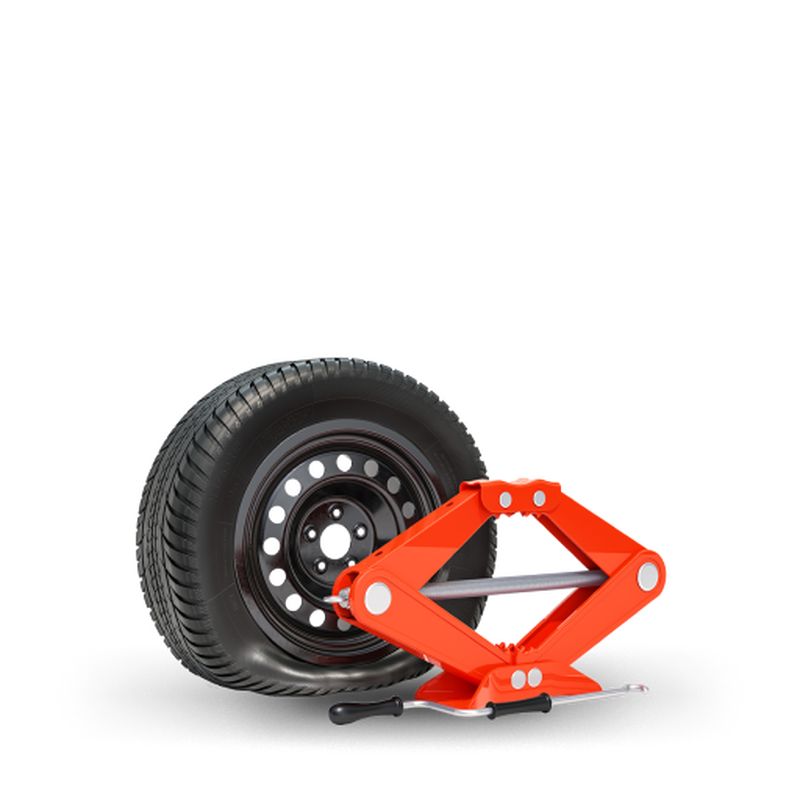Tire Shop Near Me: Top-Rated Morris IL Areas
Tire Shop Near Me: Top-Rated Morris IL Areas
Blog Article
The Link In Between Tire Service and Fuel Efficiency
Performance in fuel usage is an extremely important issue for car owners seeking to enhance their driving experience. Amongst the different elements that affect fuel efficiency, tire solution attracts attention as an essential element that frequently goes neglected. The intricate partnership in between tire maintenance and gas economic situation is a testament to the elaborate functions of an automobile. By recognizing just how tire care directly impacts the effectiveness of your car, you can open a realm of opportunities that not only boost performance however likewise add to set you back savings in the future.
Importance of Proper Tire Inflation
Proper tire inflation is a vital consider optimizing gas effectiveness and ensuring ideal vehicle performance. When tires are underinflated, it creates more rolling resistance, causing the engine to function harder and shed more gas to preserve the very same speed. On the other hand, overinflated tires can bring about a harsher trip, unequal tire wear, and reduced traction. To find the suggested tire pressure for your car, refer to the owner's guidebook or the sticker label located on the chauffeur's side door jamb.
Maintaining the right tire stress not just boosts gas efficiency yet additionally improves driving safety. Properly inflated tires give far better handling, stopping, and overall efficiency when driving. Furthermore, they add to expanding the life-span of the tires, saving you cash over time by minimizing the regularity of substitutes. Consistently examining and readjusting tire pressure, particularly before lengthy journeys, is a basic yet effective way to maximize your vehicle's fuel economic situation and ensure a smooth driving experience.
Influence of Tire Footstep Deepness
Maintaining the advised tire stress is crucial for ideal automobile performance and gas performance; likewise, the tread deepness of your tires plays an essential role in ensuring safety and grip when traveling. Tire step deepness straight affects the capacity of your tires to grip the road surface, specifically in damp or slippery conditions. As tires put on down, their step depth reductions, influencing their capacity to channel water away and maintain proper contact with the roadway. The suggested minimum step deepness is usually 2/32 of an inch, but also for improved safety and efficiency, many specialists suggest changing tires prior to they reach this point. Appropriate tread deepness not just makes certain much better handling and stopping but additionally adds to fuel efficiency by reducing rolling resistance. Consistently evaluating your tire walk deepness and changing tires when required is a basic yet effective method to promote both safety and fuel performance when driving.
Role of Wheel Placement in Effectiveness
Making certain precise wheel positioning is vital for enhancing automobile performance and taking full advantage of gas economy. Correct wheel placement involves readjusting the angles of the wheels to producer requirements, guaranteeing that they are alongside each other and perpendicular to the ground. When wheels are misaligned, it can bring about irregular tire wear, boosted rolling resistance, and reduced gas efficiency.

Additionally, exact wheel positioning can likewise improve handling and stability, lowering the amount of power needed to navigate the vehicle (morris tire). By reducing unneeded rubbing and drag, correct wheel placement plays an essential role in improving overall lorry effectiveness and fuel economy. Regular wheel positioning checks and changes are crucial for preserving ideal efficiency and maximizing fuel financial savings
Link Between Tire Upkeep and MPG
A vital facet of enhancing gas efficiency in automobiles is the upkeep of tires and their direct effect on miles per gallon (MPG) Appropriate tire maintenance plays a vital duty in taking full advantage of fuel economy. One key element impacting MPG is tire stress. Underinflated tires boost rolling resistance, creating the engine to function more difficult and shed more fuel. On the other hand, overinflated tires lower the contact patch with the roadway, leading to irregular wear and lowered gas performance. On a regular basis examining and maintaining the proper tire pressure can substantially boost MPG.
Furthermore, tire tread deepness also influences gas performance. By ensuring tires have adequate step depth, drivers can enhance both safety and gas economic climate.
In essence, appropriate tire maintenance, including tracking tire pressure and tread depth, is straight connected to accomplishing optimal MPG. By including routine tire assessments and maintenance into an automobile treatment regimen, motorists can not just extend tire life but additionally improve fuel performance, ultimately conserving money and minimizing environmental impact.

Tips for Fuel-Efficient Tire Care
Given the vital partnership in between tire upkeep you can try this out and fuel efficiency, executing effective approaches for enhancing tire care is key to improving overall lorry efficiency. To make certain fuel-efficient tire treatment, normal tire pressure checks are important. Appropriately inflated tires lower rolling resistance, enhancing fuel performance and extending tire lifespan. Furthermore, maintaining appropriate wheel positioning and harmonizing helps distribute weight uniformly, preventing unequal tire wear and maximizing fuel intake. Revolving tires at suggested intervals promotes even step browse around this site wear, boosting gas efficiency by making sure all tires contribute just as to lorry efficiency. It is additionally crucial to examine tires for signs of damage, such as cuts, punctures, or bulges, as these problems can affect gas performance and total safety and security. Choosing tires with low moving resistance can significantly boost fuel economic situation. By incorporating these fuel-efficient tire care suggestions into a regular maintenance timetable, motorists can make best use of gas effectiveness, decrease operating expenses, and extend the life of their tires.
Final Thought
To conclude, correct tire solution plays a critical function in gas efficiency. Maintaining correct tire inflation, monitoring step deepness, and ensuring wheel positioning can all add to making the most of miles per gallon. By frequently maintaining tires and following fuel-efficient tire care tips, drivers can enhance their car's performance and lower gas consumption. It is necessary to focus on tire maintenance to not only save cash on gas expenses yet also to promote general vehicle efficiency.
Report this page